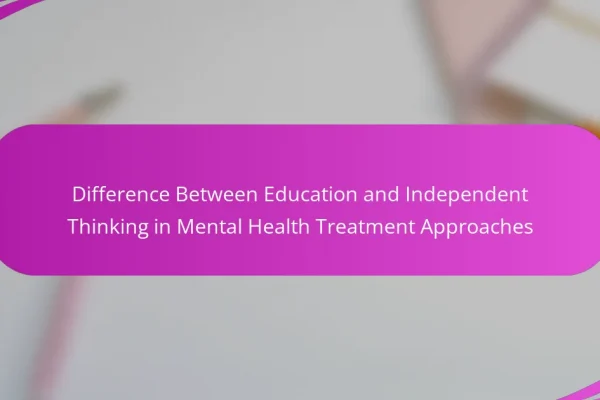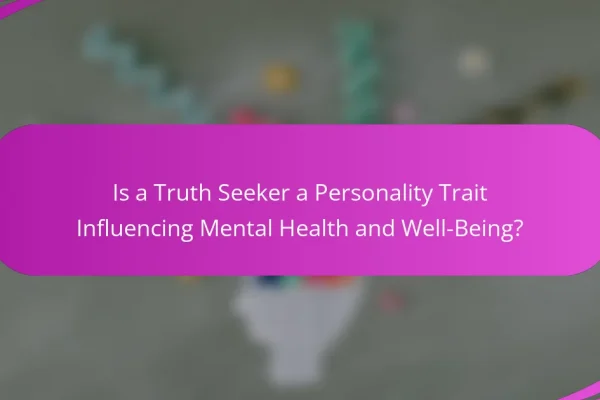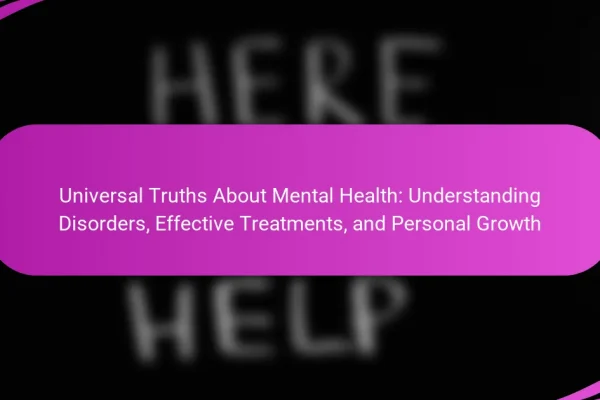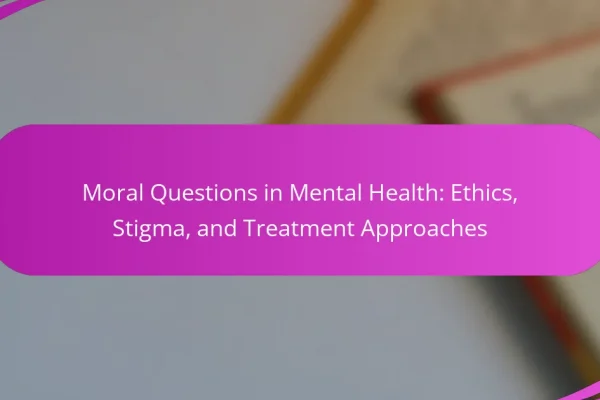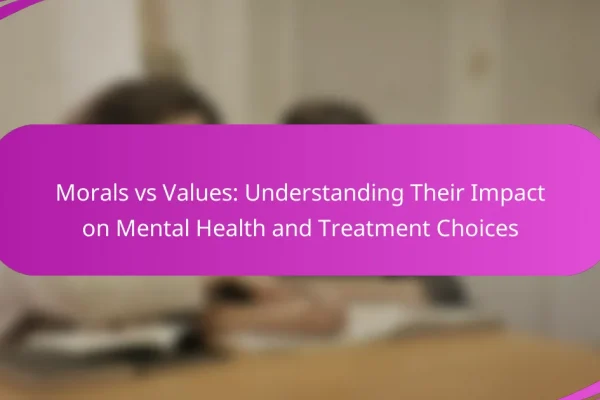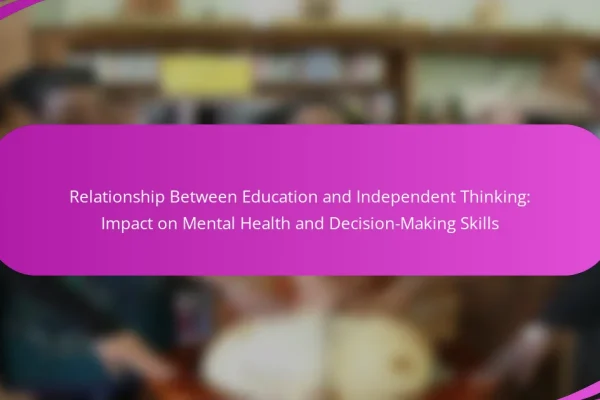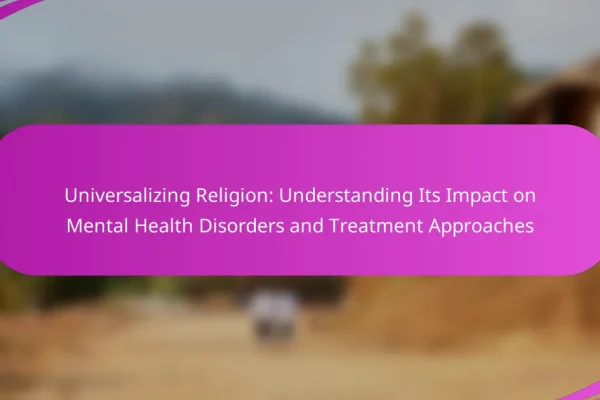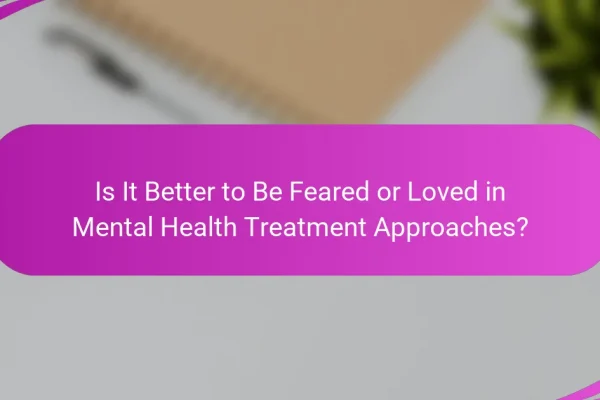
Is It Better to Be Feared or Loved in Mental Health Treatment Approaches?
Effective mental health treatment relies on the balance between being feared and loved. This article explores how empathy fosters trust, while authority instills confidence. It examines the importance of flexibility and collaboration in care, and highlights the advantages of love-based approaches over fear-based methods. Lastly, it discusses the role of trauma-informed care and holistic approaches…
